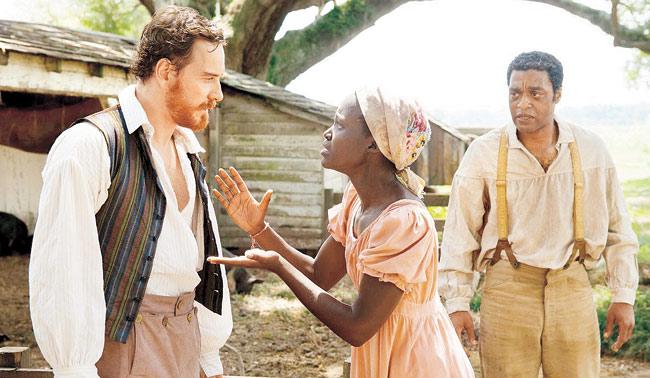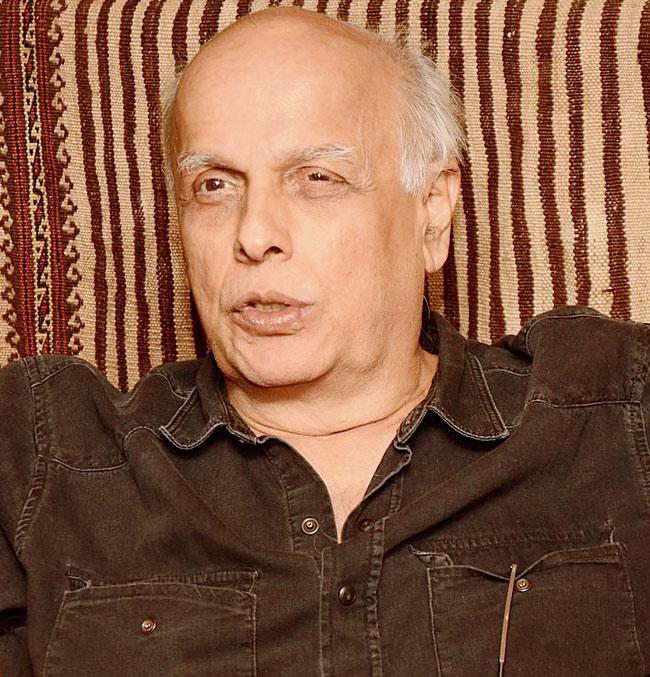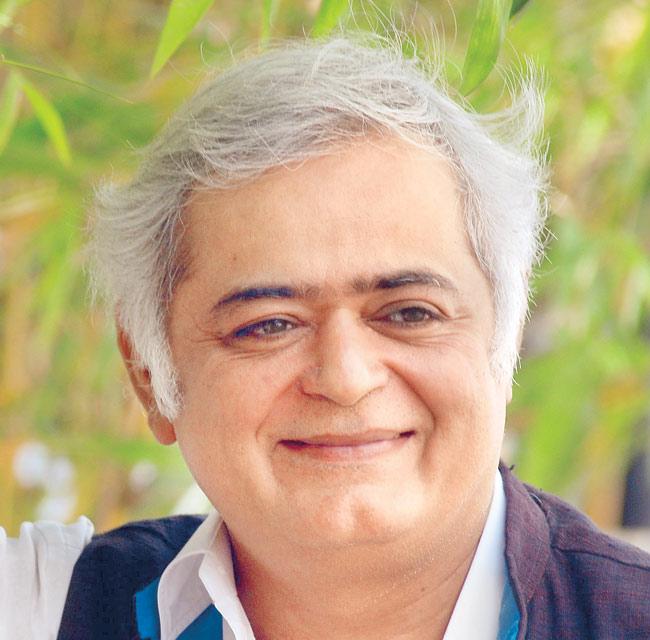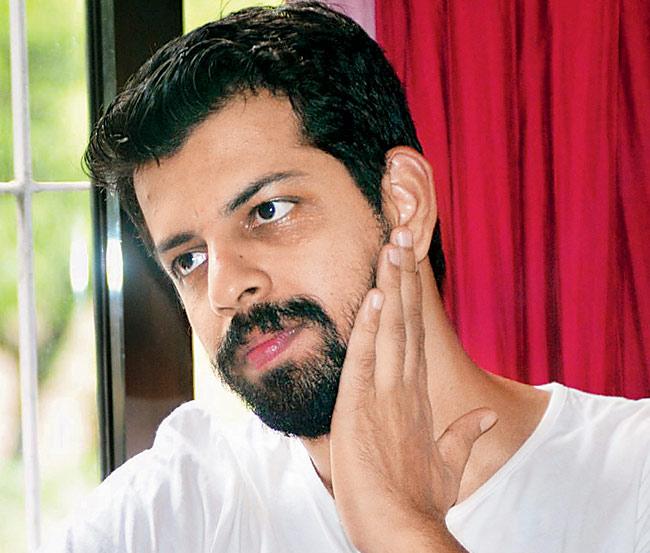Tomorrow, some of the world's finest film personalities will walk away with the Academy Awards. Indian filmmakers, however, have not had much luck. Is it a case of sour grapes or are the Oscars overhyped?

On September 23, 2013, Anurag Kashyap deleted his Twitter account. The reason behind this abrupt act wasn’t publicly explained but the root cause boiled down to The Lunchbox’s failure at becoming India’s official entry for Oscars. As a co-producer, his passion for the acclaimed film was understandable and so was his sheer disappointment — expressed through uncharacteristically angry tweets — on being overlooked by the Film Federation of India (FFI). Instead of debutant Ritesh Batra’s directorial venture, a Gujarati film named The Good Road was selected. A controversy of sorts ensued and the brouhaha continued for about a week. That’s about it.
ADVERTISEMENT

If Leonardo DiCaprio fails to grab the golden statuette tomorrow for his acclaimed performance in The Wolf of Wall Street, it’d be fourth time unlucky for the actor
Fast forward to December 20, 2013. The nine shortlisted films in the Best Foreign Film category were announced and Gyan Correa’s road endeavour was missing from the list. Not surprising. The last time an Indian film managed a berth in the Best Foreign Film category was 12 years ago when it starred Aamir Khan.

12 Years a Slave, starring Michael Fassbender, Lupita Nyong'o and Chiwetel Ejiofor, is the favourite to bag the Best Picture gong
In the meanwhile, a British production, Slumdog Millionaire, translated into rich haul of four statuettes between lyricist Gulzar, music maestro AR Rahman and sound designer Resul Pookutty. So, net-net, it won’t be entirely incorrect to state that Indians in particular haven’t been uber successful at the Oscars.

Mahesh Bhatt
Who’s watching
Yet the fascination with the Academy Awards refuses to wane as every year, there is an increasing interest reserved for the televised ceremony. Last year, more than three million people watched the Oscar ceremony in India. Going by the buzz, the script remains the same for 2014 as well. More people are expected to glue in. From the public point of view, globalisation could be one of the effective reasons for this Oscar zeal. From the Hindi filmmakers’ point of view, things are a bit too pragmatically layered.

Hansal Mehta
Mahesh Bhatt, whose 1984 film Saaransh was India’s official entry for the Academy Award in the Best Foreign Language Film category, claims that he didn’t even make that film for American audience, let alone the Academy members. Calling the selection a mere coincidence, the filmmaker sounds more critical of awards system in India. “The truth is that we haven’t sorted out own internal measures of excellence yet. Despite being the world’s largest producer of films, we don’t have a setup to appreciate Indian cinema the way Oscar nurtures American cinema. This shortcoming can be traced back to the fact that cinema in India flourished not because of the government but despite it,” adds the outspoken ‘former’ director.

Thanks to her work in Blue Jasmine, it won’t be a surprise if the fifth-time nominated Cate Blanchett receives the gong for Best Actress in a Leading Role tomorrow morning
Speaking of the infrastructure necessary to evaluate indigenous cinema, the significance of the annual National Awards comes to the forefront. However, that institution — like Oscars, for that matter — has had its share of prejudice. But the
Thanks to her work in Blue Jasmine, it won’t be a surprise if the fifth-time nominated Cate Blanchett receives the gong for Best Actress in a Leading Role tomorrow morningbiggest difference between the two lies in the scale of marketing involved. The Academy Awards is fundamentally the mother of all showbiz events. The combined worth of film personalities occupying the Dolby Theatre tomorrow morning will run into billions of dollars. Ergo, it’s a no-brainer that Oscars is a marketing event of humongous scale.

Bejoy Nambiar
Director-producer Rohan Sippy emphasises on the commercial angle too. “I don’t know how many people actually wake up early morning to catch the event live but it’s beyond doubt that Oscars is a splendid marketing tool. It helps create a consensus on audiences’ opinion about a nominated film which eventually results in box-office collections. The word ‘Oscar’ has weightage and a case in point is The Lunchbox.”
So, a nod from the Academy ultimately converts to money: one of the many reasons why current Indian filmmakers might be interested in the race. But what about the Indian audiences? What drives them to keep themselves abreast of an award ceremony that’s less global and more Hollywoodish in its outlook? “Interest,” informs filmmaker Kundan Shah bluntly before adding, “The urban class has always been interested in Oscars. An Indian film may not be in the race but it doesn’t diminish one’s thirst to know who won and who didn’t.”
Cannes not loved
A similar enthusiasm is not reserved for Cannes Film Festival though. Interestingly, the only thing common between the two grand events is none of the Indian films have won a major award at their events in the recent past. So much so that mere screening of a desi film gets irrationally celebrated. “We are not really competing with the global cinema at the moment as we are still at that stage where our focus is on the local markets.
Having said that, Oscars deserves credit for being run by professionals, not media houses as is the case with the award functions in India,” conjectures filmmaker Ketan Mehta.
With so much to pick up from a massive award function, Indian counterparts can certainly learn a trick or two. Nonetheless, Hansal Mehta feels quite the opposite because of the evident aping by industry folks. “As a country, we are glamour-struck and this attitude is true of Hindi cinema too. The way we’ve been copying the Oscar format is not even funny.
Everything from the thank-you speeches to the stage arrangements is blatantly lifted. If you remember, it wasn’t always like this,” rues the Shahid director before pointing out the overwhelming importance feted to the event, “Oscar is overrated. It’s an American award for American films with one token award for foreign language films.”
On the other hand, Bejoy Nambiar — of Shaitan fame — highlights the positive aspects. “Say what you may but Oscar has created several benchmarks not only in its conception but also its execution. It has sustained for decades now and that is no mean feat.
The debate about the film that win over the ones that were snubbed will remain open to debate but good films have been appreciated.”
Perhaps validation, appreciation and exposure are three more reasons that fall in the Academy’s favour. Arun Rangachary of Dar Films seconds Nambiar, “It’s a globally coveted as well as accepted award event and the very fact that more than a hundred countries vie for a spot is a matter of recognition. And not only foreign films, even the Hollywood productions desire validation as much as the audience desire entertainment.”
A plethora of awards
Hollywood may continue to aim for the Oscars but it’s not short of avenues when it comes to validation. There are several setups in the USA, celebrating different kinds of cinema, be it the Independent Spirit Awards, Sundance Film Festival, Producers Guild Awards and the list goes on. To their credit, the American film industry provides balanced support to the various events by submitting the movies and also attending them.
Besides, Oscars is not just about the golden statuettes. It’s also about some of the biggest names in entertainment industry. And once the ceremony begins, equality becomes the glaring motto. Be it an actor or a technician, everybody gets equal time to spend on the stage. Something Amole Gupte, writer of Taare Zameen Par, immensely respects. “Good work merits appreciation and we should be learning from them how to make sure the talents behind the scenes are noted for their exemplary work. In India, the technicians are often relegated to obscurity. Maybe we are learning all the unneeded lessons.”
More about glitz
Different Hindi filmmakers opted for different viewpoints, the commonality percolated on the shortcomings in our own backyard. No wonder the award functions in Bollywood are more about glitz. Director Sudhir Mishra, nonetheless, chooses to highlight the utter vanity of an award while noting the significance of filmmaking. “One should not overplay the exposure of an award. Every film made in the world isn’t made with the intention of bagging an Oscar. If a film does, well and good. If it doesn’t, life still moves on.”
The quest to keep up with showbiz — especially cinema — might not entirely rely on who wins what. But it may rest on the anticipation displayed by the nominated ones as well as the ones who were overlooked. As Rajat Arora, writer of the National Award-winning The Dirty Picture, concludes, “If you’re a contestant and score a trophy, the award ceremony matters to you. If you don’t, it may not. For the spectators, however, everything counts because they don’t want to be left out.”
 Subscribe today by clicking the link and stay updated with the latest news!" Click here!
Subscribe today by clicking the link and stay updated with the latest news!" Click here!






